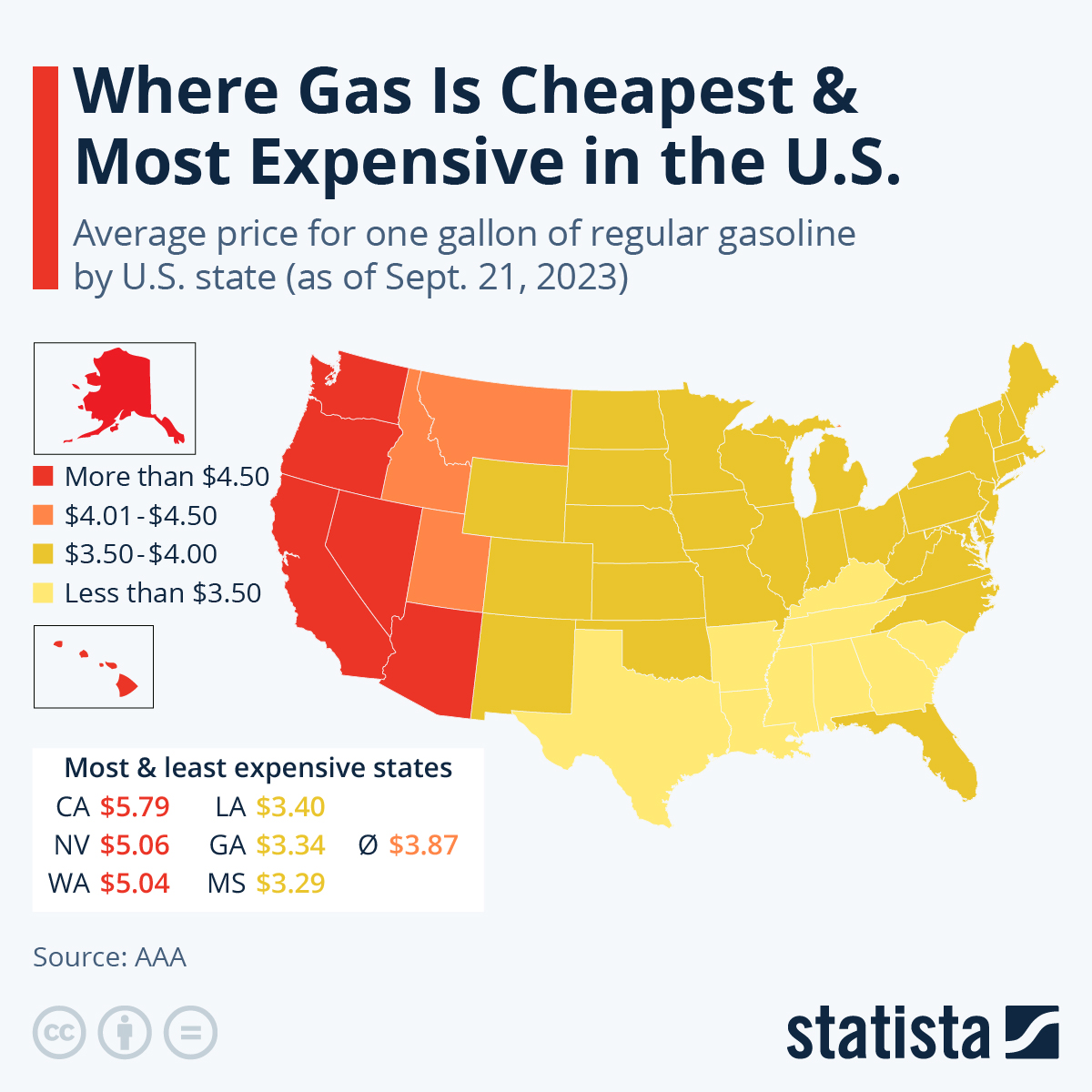Assessing the Aspects Affecting Oil Cost and Its Impacts on Fuel Oil
Understanding the factors that influence oil prices and their succeeding effects on gas oil is critical for individuals and services alike. In addition, it will certainly check out exactly how changes in oil rates impact gas oil prices, which, in turn, have substantial implications for different sectors such as transport, power, and production manufacturing.
Supply and Need Dynamics
Supply and need dynamics play a vital duty in establishing the rate of oil and its influence on the gas oil sector. The international oil market is affected by numerous aspects, consisting of geopolitical occasions, economic conditions, and technical developments. Recognizing the characteristics of supply and need is necessary for stakeholders in the gas oil market to properly anticipate oil costs and make notified company choices.

The supply of oil is figured out by the manufacturing capacities of oil-producing nations, consisting of OPEC members, non-OPEC countries, and shale oil manufacturers (fuel oil prices long island). Political instability in oil-producing areas, all-natural calamities, and problems can interrupt the supply of oil, resulting in rate changes. On the various other hand, technological advancements and enhanced financial investments in expedition and production can improve supply and maintain prices
Need for oil is influenced by financial aspects such as GDP growth, commercial task, and transport demands. Emerging economic climates with rapidly growing sectors and raising urbanization add to the climbing demand for oil. Nonetheless, factors like power change plans, innovations in sustainable power sources, and performance improvements can impact oil need negatively.
The interplay in between supply and need determines the balance cost of oil. When supply surpasses demand, costs often tend to reduce, and vice versa. Variations in oil costs have a plunging effect on the fuel oil sector, influencing manufacturing costs, productivity, and consumer habits. Stakeholders in the fuel oil sector closely monitor supply and demand dynamics to anticipate cost motions and adapt their strategies appropriately.
Geopolitical Influences
Geopolitical elements significantly impact the global oil market and ultimately affect the rate of oil and its results on the gas oil sector. Any kind of interruption in oil supply from the Middle East due to political instability or conflicts can create a considerable rise in oil prices. In general, understanding and assessing geopolitical influences is important for forecasting oil cost activities and their effects on the fuel oil sector.
Market Conjecture
Market speculation plays a considerable function fit the characteristics of the oil price and its influence on the fuel oil industry. Conjecture refers to the task of buying and marketing oil agreements with the assumption of making make money from rate variations. Investors, investors, and economic institutions take part in market conjecture to make the most of short-term cost movements. Their actions, influenced by numerous variables such as financial indications, geopolitical occasions, and supply and need characteristics, can add to raised volatility in the oil market.
Market supposition can have both adverse and positive effects on the fuel oil industry. On one hand, it can supply liquidity and performance to the marketplace by promoting rate discovery and risk administration. Speculators bring extra funding and knowledge, boosting market deepness and enabling for smoother transactions. This can profit fuel oil producers and customers by offering an extra secure and clear rates system.
On the various other hand, extreme supposition can lead to rate distortions and market control. Speculative activities driven by herd attitude or irrational enthusiasm can create prices to depart from their essential values. This can cause enhanced rate volatility, making it testing for fuel oil sector participants to make and prepare notified decisions. Furthermore, extreme supposition can produce artificial rate bubbles, which, when they burst, can have serious repercussions for the fuel oil sector and the wider economic climate.
Influence On Gas Oil Prices
The impact of market supposition on fuel oil rates can be considerable. Market speculation describes the buying and selling of gas oil agreements based upon expected cost activities, as opposed to on the actual physical supply and need of the asset. Speculators, such as hedge funds and financial investment financial institutions, play an essential function in figuring out fuel oil prices as they participate in futures trading, which can influence the overall market sentiment and costs.
When speculators believe that gas oil rates will certainly boost, they often tend to buy contracts, driving up the need and therefore the cost of fuel oil. On the other hand, when speculators anticipate a decrease in rates, they offer agreements, leading to a decrease popular and consequently lower gas oil prices.
The influence of market speculation on gas oil rates can be both adverse and positive. On one hand, it can supply liquidity and assistance maintain the marketplace by permitting consumers and producers to hedge against price changes. On the other hand, too much speculation can lead to price volatility and distortions, which can have adverse effects on fuel oil costs and the general economic situation.
It is essential for policymakers and market regulatory authorities to monitor and handle market supposition to guarantee that it does not become extreme and undercut gas oil rates. By implementing reliable laws and oversight, authorities can reduce the potential adverse effects of market supposition and keep stability in gas oil costs.
Results on Industries and Consumers
Industries and consumers are considerably affected by the fluctuations in gas oil rates. When oil prices rise, industries that rely greatly on gas oil for their operations, such as transport, production, and farming, experience increased manufacturing costs. These extra expenditures are frequently passed on to customers in the kind of greater costs for items and services. Increasing fuel oil costs can result in enhanced transportation expenses, leading to greater rates for products that need to the original source be transferred long distances. Sectors that utilize fuel oil as a raw product, such as chemicals and plastics, may see their manufacturing costs rise, which can additionally be passed on to customers.
In addition, greater gas oil prices can additionally affect customer behavior. As the cost of gas rises, customers might have to designate more of their spending plan towards transport expenses, leaving less cash for various other purchases. This can cause a decrease in optional spending and a downturn in consumer-driven sectors such as retail and hospitality.
On the other hand, when gas oil rates decrease, sectors may benefit from reduced manufacturing costs, leading to possible cost savings that can be handed down to customers. cheapest oil prices on long island. Reduced fuel prices can likewise promote customer spending, as people have more disposable earnings to designate in the direction of various other items and solutions
Conclusion
In final thought, the price of oil is influenced by different elements such as supply and demand characteristics, check this site out geopolitical influences, and market conjecture. These factors have substantial results on fuel oil rates, which subsequently impact various industries and consumers. Recognizing these influences is essential for consumers, policymakers, and companies to navigate the variations in oil rates and minimize their results on the economic situation.

Market conjecture plays a he said considerable function in forming the characteristics of the oil price and its effect on the gas oil sector. When oil rates climb, markets that depend heavily on fuel oil for their operations, such as farming, production, and transport, experience raised manufacturing prices.